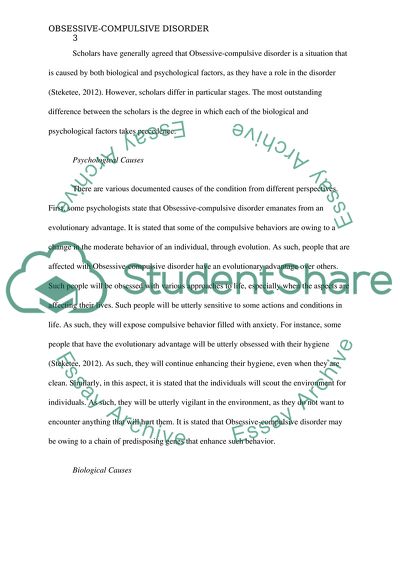Cite this document
(“Obsessive compulsive disorder Research Paper Example | Topics and Well Written Essays - 1500 words”, n.d.)
Retrieved from https://studentshare.org/psychology/1637495-obsessive-compulsive-disorder
Retrieved from https://studentshare.org/psychology/1637495-obsessive-compulsive-disorder
(Obsessive Compulsive Disorder Research Paper Example | Topics and Well Written Essays - 1500 Words)
https://studentshare.org/psychology/1637495-obsessive-compulsive-disorder.
https://studentshare.org/psychology/1637495-obsessive-compulsive-disorder.
“Obsessive Compulsive Disorder Research Paper Example | Topics and Well Written Essays - 1500 Words”, n.d. https://studentshare.org/psychology/1637495-obsessive-compulsive-disorder.


